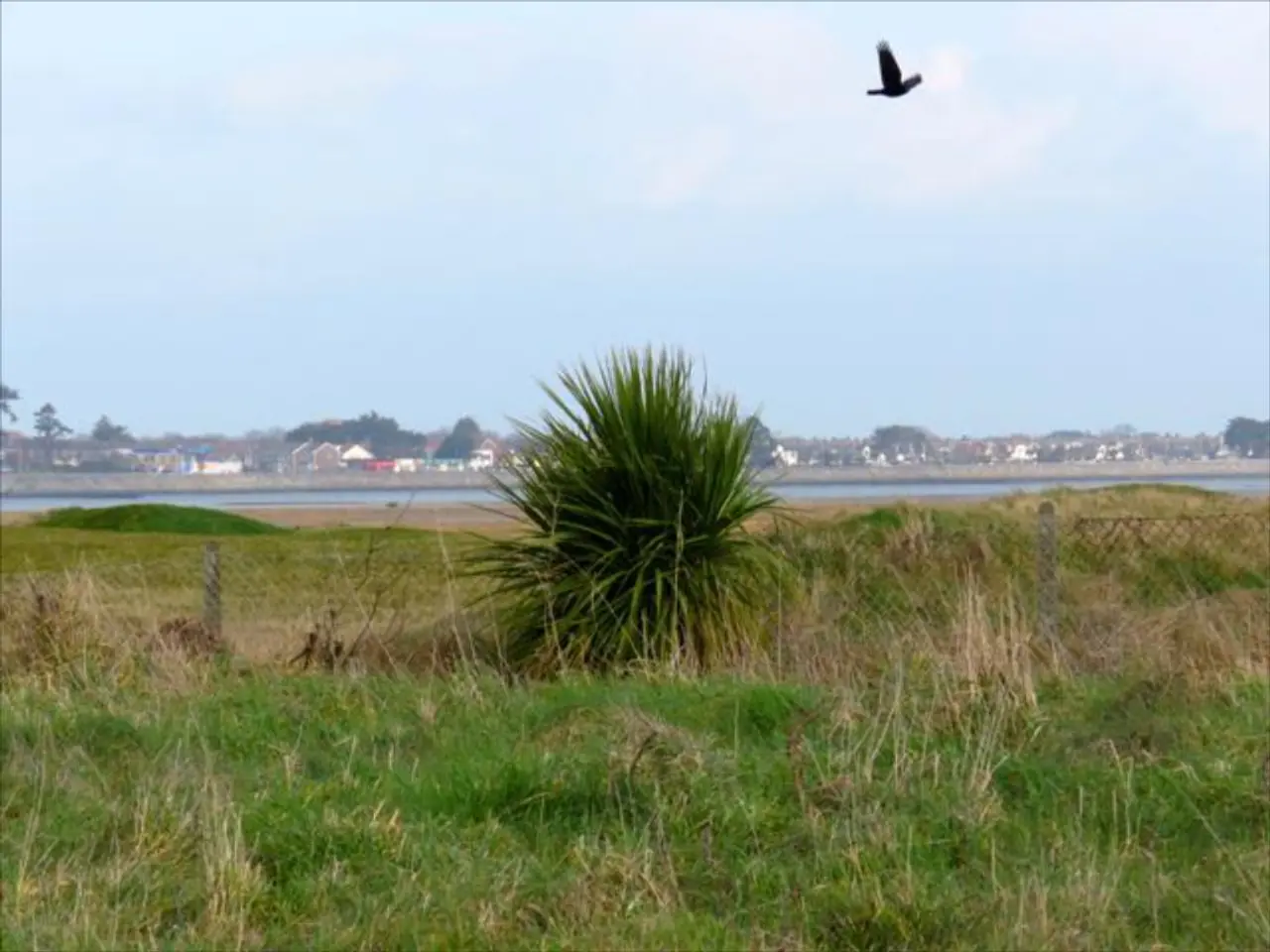Disruption in Birds' Rest and Melodies: Urban Environment Affects Avian Slumber as Per Research
In a world where birds' melodious songs fill the air, a recent study reveals that sleep disturbances can significantly impact these vocalizations, with far-reaching consequences for bird communication, reproduction, and survival.
Why Sleep Disturbances Affect Singing Behaviour
- Complexity of Song Production: Birds' songs, intricate and requiring precise coordination of various body systems, can be disrupted by sleep disturbances, leading to simpler and less frequent songs [2].
- Energy Conservation: After sleep disturbances, birds may spend more time resting to conserve energy, reducing the time and effort available for singing [1][2].
- Cognitive Impairment: Disrupted sleep could impair cognitive functions, affecting the ability to produce complex songs [2].
Implications for Bird Communication, Reproduction, and Survival
Communication
- Social Interaction: Reduced singing can affect social communication, potentially leading to misunderstandings or conflicts among birds over territory or mates [2].
- Warning Calls: Although calls are simpler, reduced vocal activity might also impact warning calls, making birds less alert to predators [2].
Reproduction
- Mate Attraction: Complex songs are crucial for attracting mates. A decrease in song complexity and frequency could reduce a bird's mating success, impacting its reproductive opportunities [2].
- Territory Defense: Simplified songs might fail to effectively defend territories, potentially leading to territorial loss and reduced mating opportunities [2].
Survival
- Predator Avoidance: Reduced vocal activity could also affect predator avoidance if birds fail to broadcast their presence effectively, potentially increasing vulnerability to predators [2].
- Resource Competition: In areas with intense competition for resources, reduced territorial defense due to poor singing could lead to decreased access to food and shelter, impacting survival [2].
This research, focusing on common mynas, adds to a growing body of evidence suggesting that sleep is crucial for birds' ecological roles. Previous studies have shown similar effects on birds like Australian magpies [3]. As urbanisation continues to encroach on natural habitats, sleep disturbances such as light at night, noise pollution, and introduced predators become common, potentially compromising the quality of sleep for many species.
References:
[1] Miyasaki, Y., & Levey, D. J. (2014). The function of sleep in birds. Annual Review of Neuroscience, 37, 363-387.
[2] Haftorn, T. (1968). Effects of sleep deprivation on song production in the zebra finch. Journal of Comparative Physiology, 79(3), 359-365.
[3] Hale, J. R., & Woolley, J. S. (2009). The effect of sleep deprivation on song production in the superb fairy-wren. Behaviour, 146(3), 399-410.
- Health-and-Wellness Implications: The study indicates that sleep disturbances can affectthe complex and energy-consuming process of song production in birds, potentially impacting their overall health and well-being.
- Environmental Impact: Given the critical role of bird songs in various ecological processes, such as communication, reproduction, and predator avoidance, the research suggests that sleep disturbances could have far-reaching consequences for the environmental balance, particularly in urbanized areas where sleep disruptions are common due to factors like light at night and noise pollution.




